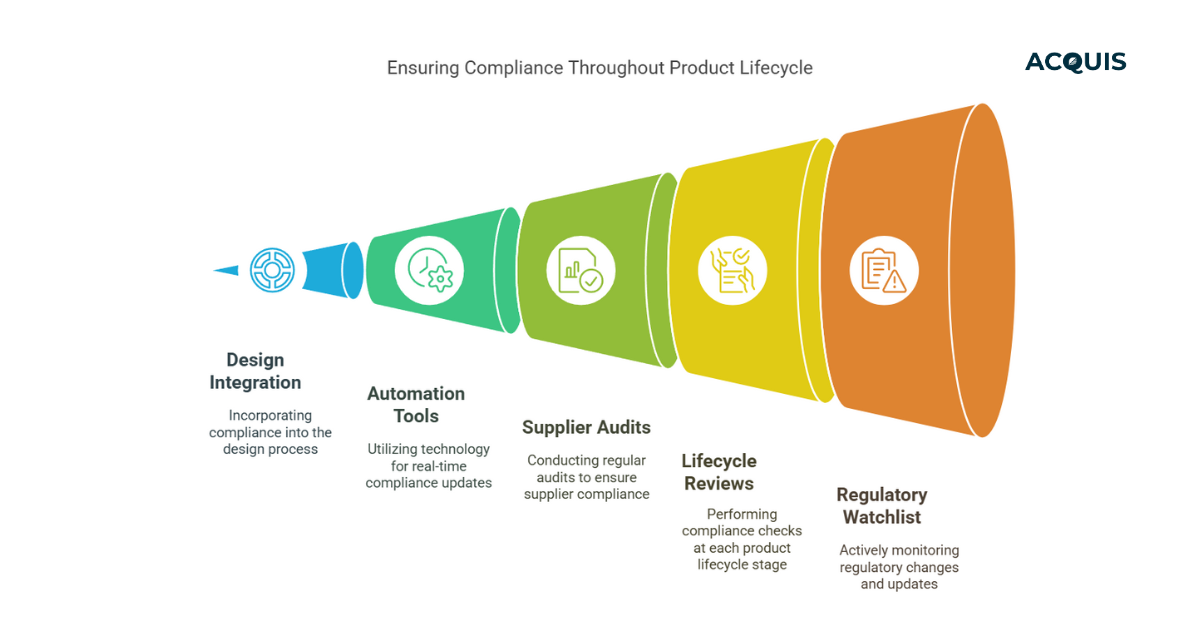Table of Contents
In 2024, the European Union (EU) is set to introduce new legislation mandating nearly all products sold within the union to feature a Digital Product Passport (DPP). This initiative aims to significantly enhance the transparency of product value chains, aligning with the growing demand for sustainable and accountable business practices. In this blog, we’ll delve into the essentials of the DPP, the EU’s new requirements, and how businesses can prepare for these changes.
What is a Digital Product Passport (DPP)?
A Digital Product Passport (DPP) is a comprehensive digital record that provides detailed information about a product throughout its entire value chain. This record includes data on the product’s origin, materials used, environmental impact, and disposal recommendations. Think of it as a unique identity card for each product, offering transparency and traceability from production to end-of-life.
Why are DPPs Important?
The primary purpose of DPPs is to bridge the gap between the transparency demanded by consumers, investors, and other stakeholders and the current lack of reliable data on product journeys. With more people demanding this information, the EU has introduced the DPP as a crucial component of the proposed Ecodesign for Sustainable Products Regulation (ESPR), set to be implemented in 2024.
The EU's Ecodesign for Sustainable Products Regulation (ESPR)
In December 2023, the EU reached a provisional agreement on the Ecodesign for Sustainable Products Regulation (ESPR). This regulation aims to make sustainable products the norm in the EU market, thereby reducing overall environmental and climate impact. The ESPR includes strict requirements for product management, such as a ban on destroying unsold clothing and footwear and rules aimed at extending product lifespans and enhancing reparability.
The New Digital Product Passport (DPP)
The Digital Product Passport (DPP), a key feature of the ESPR initiative, will be managed through a public web portal by the EU Commission. This portal will allow consumers to search for and compare sustainability information provided in the product passports. Companies with complex supply chains will need to gain a thorough understanding of each stage of their value chain to compile the necessary data for the DPP.
Is the EU Digital Product Passport Mandatory?
Currently, the DPP is not mandatory, but it will soon be required for a range of products. Beginning in 2024, the DPPs are anticipated to be adopted by the EU and mandated between 2026 and 2030. This rule will apply to all 27 EU member countries and cover a wide range of product categories, particularly those with high environmental impact and potential for improvement, including:
- Textiles (notably garments and footwear)
- Furniture
- Chemicals
- Batteries
- Consumer electronics
- Electronic devices
- Construction products
What Should the EU Digital Product Passport Cover?
To comply with the EU’s DPP data requirements, a DPP should include:
- Unique Product Identifier (UID)
- Global Trade Identification Number (as provided in standard ISO/IEC or equivalent)
- TARIC Code and Other Relevant Commodity Codes
- Compliance Documentation (including declaration of conformity, technical documentation, and conformity certificates)
- Requirements Related to Substances of Concern
- User Manuals, Instructions, Warnings, or Safety Information
- Relevant Information Related to the Manufacturer, Operators, and Importer
- Relevant Information Related to Unique Facility Identifiers
- Information for Consumers and End-users on installation, use, maintenance, repair, and end-of-life disposal
- Information for Treatment Facilities on disassembly, recycling, or disposal at end-of-life
- Other Relevant Information that may influence product handling by parties other than the manufacturer
- The specific details required will depend on the product type and the delegated acts of the ESPR.
Benefits of Implementing Digital Product Passports
- Enhanced Transparency: DPPs provide detailed information about a product’s origin, materials, and environmental impact, enhancing visibility for both companies and consumers.
- Improved Supply Chain Management: With a comprehensive digital record, companies can optimize processes to reduce environmental impact and ensure a more sustainable and efficient supply chain.
- Regulatory Compliance: DPPs help companies adhere to environmental standards and regulations, fostering a commitment to responsible business practices.
- Risk Identification: DPPs allow for real-time monitoring and collaborative data sharing, helping companies identify and mitigate risks related to authenticity, compliance, and environmental impact.
- Building Trust: By providing transparent and verifiable information, DPPs help build trust among customers, investors, and other stakeholders.
Preparing for the Digital Product Passport
Mapping Their Supply Chains: Gain a detailed understanding of each stage of the value chain to gather the necessary data. Upgrading IT Systems: Ensure that IT infrastructure can handle the data collection, storage, and sharing requirements of the DPP. Training Staff: Educate employees about the importance of DPPs and the new data requirements. Collaborating with Suppliers: Work closely with suppliers to ensure they can provide the required information. Staying Informed: Keep up to date with the latest regulations and guidelines from the EU.



